- News
- Reviews
- Bikes
- Accessories
- Accessories - misc
- Computer mounts
- Bags
- Bar ends
- Bike bags & cases
- Bottle cages
- Bottles
- Cameras
- Car racks
- Child seats
- Computers
- Glasses
- GPS units
- Helmets
- Lights - front
- Lights - rear
- Lights - sets
- Locks
- Mirrors
- Mudguards
- Racks
- Pumps & CO2 inflators
- Puncture kits
- Reflectives
- Smart watches
- Stands and racks
- Trailers
- Clothing
- Components
- Bar tape & grips
- Bottom brackets
- Brake & gear cables
- Brake & STI levers
- Brake pads & spares
- Brakes
- Cassettes & freewheels
- Chains
- Chainsets & chainrings
- Derailleurs - front
- Derailleurs - rear
- Forks
- Gear levers & shifters
- Groupsets
- Handlebars & extensions
- Headsets
- Hubs
- Inner tubes
- Pedals
- Quick releases & skewers
- Saddles
- Seatposts
- Stems
- Wheels
- Tyres
- Health, fitness and nutrition
- Tools and workshop
- Miscellaneous
- Buyers Guides
- Features
- Forum
- Recommends
- Podcast
news
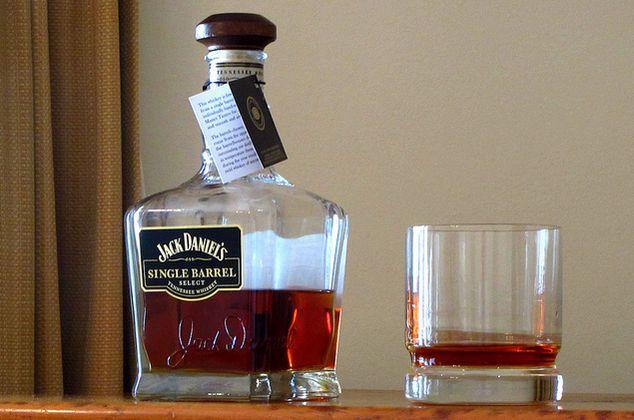 Jack Daniel's (licensed CC BY SA 2.0 on Flickr by warrenski).JPG
Jack Daniel's (licensed CC BY SA 2.0 on Flickr by warrenski).JPG"It was a friend's bike ..." - here's 5 more of cycling's top excuses
Femke Van den Briessche’s claim that the bike prepped for her at last week’s UCI Cyclo-cross World Championships and found to have a hidden motor in fact belonged to a friend has provoked a fair bit of chin-rubbing à la late Jimmy Hill.
It’s the first case we’ve seen of mechanical doping – or “technological fraud” in UCI-speak – and one that is yet to be resolved, but it got us thinking about some of the more 'out there' defences that riders accused of doping have used. Here are five of them.
Floyd Landis: JD & Coke - but hold the testosterone
The Whiskey Didn’t Kill The Pain, the song goes, but that doesn’t stop some from seeking solace in a glass of the water of life. When Floyd Landis's challenge for the 2006 Tour de France spectacularly went up in smoke on Stage 16 (he began the stage in the race lead and ended it more than 8 minutes down on new leader, Oscar Pereiro), he opted for some southern comfort of the Lynchburg, Tennessee, variety.
The following day’s stage was one of the most astonishing in the race’s history as Landis – riding with a painful hip condition he had suffered from for years – went on a 120-kilometre solo attack to win at Morzine and get back to half a minute of the race lead. Incredulity among TV viewers was stretched well beyond breaking point; this was taking the piss.
Which, of course, is what the anti-doping testers did, in the literal sense. Just four days after winning the yellow jersey in Paris, it was revealed that Landis’s testosterone levels on Stage 17 were off the scale. He blamed it on the Jack Daniels he’s had the night before, but would become the first American to be stripped of a Tour de France title – setting in motion a chain of events which would help ensure former team mate Lance Armstrong became the second.
Tyler Hamilton: The Phantom Twin Menace
Tyler Hamilton was another former Armstrong team mate who helped bring him down, but as with Landis it took several years for him to admit his own doping. He was banned for two years after a blood sample taken during the 2004 Vuelta turned out not only to contain his own blood, but also someone else’s.
His ‘vanishing twin’ defence, put forward by an expert at the Massachusetts Institute of Technology, was one of the more unusual seen in a doping case – that his sibling had died in utero, and that stem cells from the foetus had transferred to him, helping explain why there were two types of blood in his system, a condition known as ‘chimerism.’
The authorities weren’t buying it, and Hamilton later admitted that it had all been made up to try and explain away his positive test, but not before he received a further, eight-year ban in 2009 for taking the banned steroid DHEA, which he claimed he was using to treat depression.
Raimondas Rumšas: Take my mother-in-law ...
Lithuania’s Raimondas Rumšas had some decent results among his palmarès ahead of the 2002 Tour de France but few would have had him down as a genuine contender. The Lampre-Vini Fantini rider finished on the podium in Paris, however, in third place behind Lance Armstrong and Joseba Beloki.
Not that he had time to celebrate – that very morning, French police in the Alps had arrested his wife when the car she was driving was found to contain industrial quantities of substances including corticosteroids, testosterone, EPO, growth hormones and anabolic steroids. The rider’s excuse? It was all for his mother-in-law.
While Rumšas was never sanctioned by the sporting authorities for that episode – he and his wife, who spent several months in custody, later received suspended sentences from a French criminal court – he was later banned after testing positive for EPO during the 2003 Giro d’Italia. He is now sports director – and still listed as a rider – for a team on the Italian Gran Fondo circuit.
Jonathan Tiernan Locke: Putting the ‘toot’ into going on the toot
So, you’ve just won the biggest race of your life and it’s landed you a contract with one of the top teams in the sport and a spot as your country’s protected rider at the road race at the World Championships in a few days’ time.
You might want a little celebration, yes? But best keep it low key, eh? Well, not if you’re Jonathan Tiernan-Locke, who fresh from winning the 2012 Tour of Britain and signing for Team Sky claimed to have gone on a 33 unit (that's about 15 pints of beer) bender that seems to have taken him round half the bars in Bristol.
That was his explanation for the biological passport anomalies that UK Anti-Doping instead found were consistent with his having used EPO. The result? A two-year ban, and a P45 from the team that has won three of the past four editions of the Tour de France.
Alberto Contador: Playing for high steaks
A number of cyclists and athletes in other sports have escaped sanction for testing positive for clenbuterol – typically, in cases where the positive sample was taken in China or Mexico, both countries where illegal farming methods mean it is common found in meat intended for human consumption.
So when it was revealed that Alberto Contador had tested positive for a minute quantity of the substance during the 2011 Tour de France, the tainted meat defence was an unsurprising one to deploy. He’d tucked into a steak, it was claimed, on the Tour’s second rest day in Pau. The meat had apparently been bought in Spain, butcher’s shops presumably being thin on the ground in a city of 85,000 people in a country famed worldwide for steak-frites.
The Spanish authorities banned him for a year, which Contador quickly got overturned on appeal, leading to allegations that political interference had helped clear him. When the case eventually reached the Court of Arbitration for Sport though, he received a mainly backdated two-year ban and was stripped of his 2011 Tour de France victory as well as his win in the following year’s Giro d’Italia, which he had ridden as the case dragged on.
Simon joined road.cc as news editor in 2009 and is now the site’s community editor, acting as a link between the team producing the content and our readers. A law and languages graduate, published translator and former retail analyst, he has reported on issues as diverse as cycling-related court cases, anti-doping investigations, the latest developments in the bike industry and the sport’s biggest races. Now back in London full-time after 15 years living in Oxford and Cambridge, he loves cycling along the Thames but misses having his former riding buddy, Elodie the miniature schnauzer, in the basket in front of him.
Latest Comments
- cyclisto 1 sec ago
I am very nose sensitive, so for cleaning chain and cogs I use as hot water as my hands can tolerate and dish soap.
- Tech Noir 15 min 44 sec ago
"Aldi apologised for the blocked bike racks and said "we have spoken with the store to make sure that the cycle bays are clear for use at all times...
- Dogless 38 min 38 sec ago
It's a straw man because trying to support Israel's actions whilst attempting to remain logical and compassionate is impossible.
- essexian 42 min 9 sec ago
Got to say I looked at the comments section with some dread but.... most people on their are in support of the marathon and frankly could not...
- essexian 52 min 4 sec ago
Interesting..... but perhaps I'll wait for the LIdl or Aldi copy and save a couple of hundred quid.....
- Bungle_52 56 min 43 sec ago
Surely it doesn't matter whether the sun is in your eyes or not. If it is you slow down to a speed where you can stop in the distance you can see...
- marmotte27 1 hour 19 min ago
The change in running shoes has come in the last five years or so, the TdF analysis goes until 2010, so before, as I pointed out above....
- hawkinspeter 8 hours 17 min ago
It's not censored if you just pirate it
- stonojnr 9 hours 22 min ago
an example of Kesgraves "best cycling infrastructure in the country" https://maps.app.goo.gl/GsCMbzDUTPdq59qS9
- wookey 9 hours 30 min ago
It turns out that that is national police policy. We found out from this process that there is national 'secured by design' policy which causes...
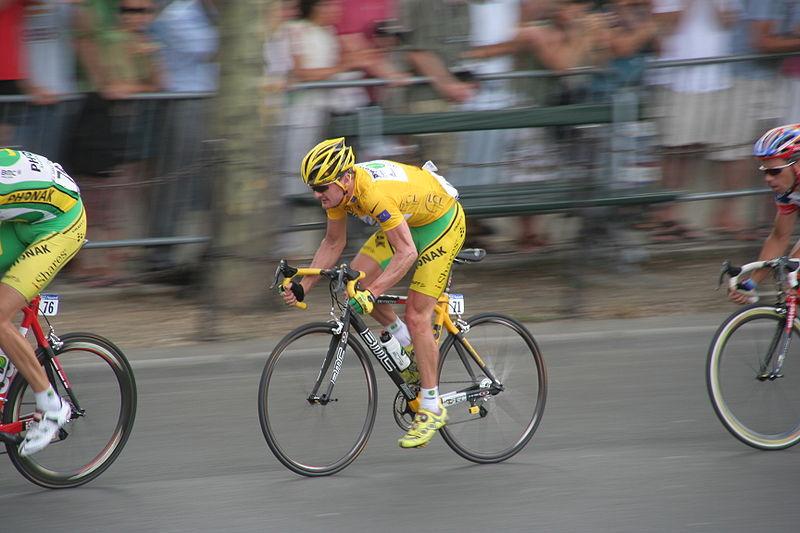
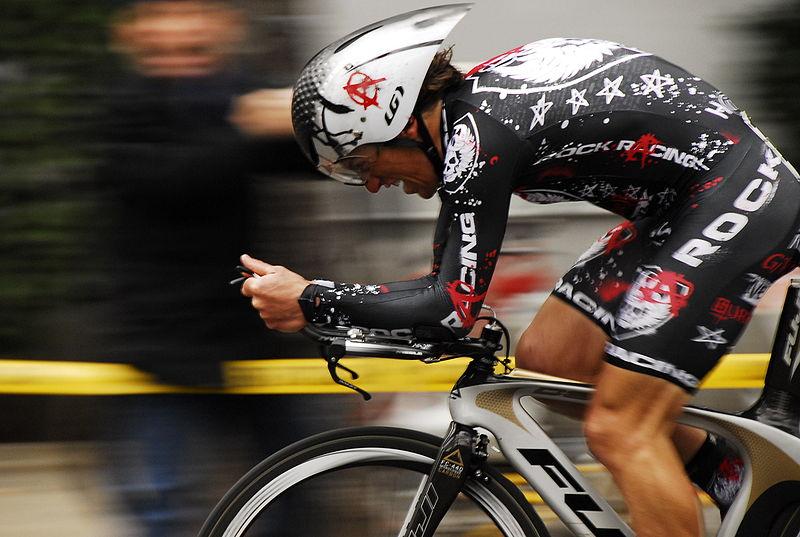
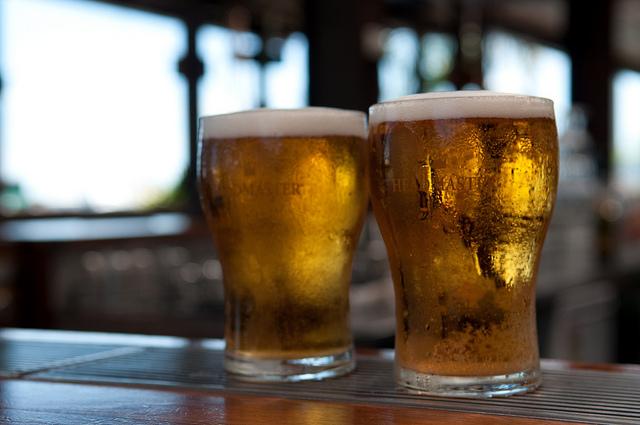
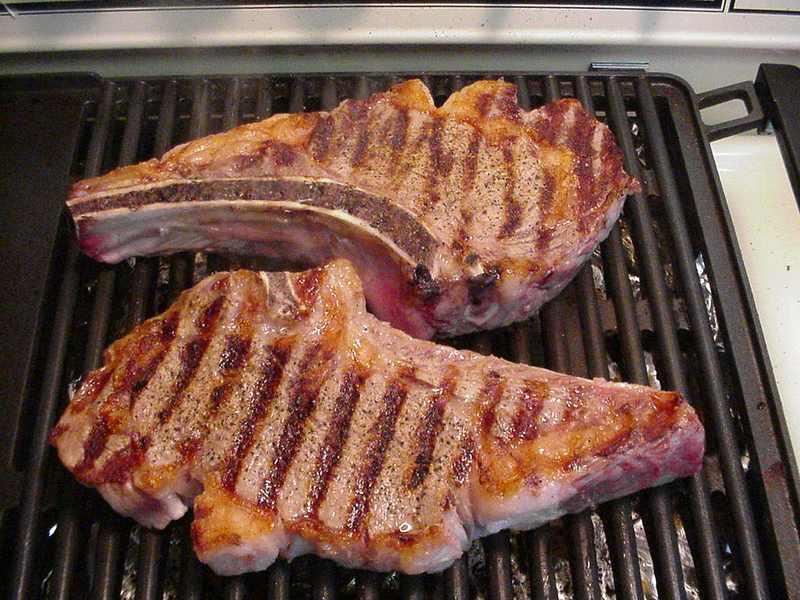
Add new comment
2 comments
Simoni blaming a positive test for cocaine on cough sweets his aunt brought back from South America is one of my favourites, the dozey c***s bought it and cleared him to race.
Supposedly he still had some of the sweets left which proved his innocence.